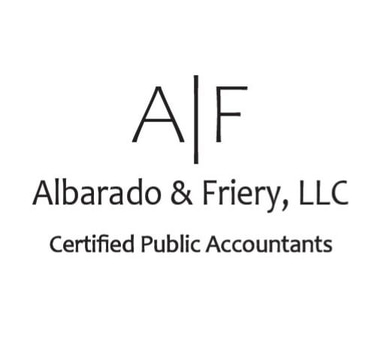Fund Accounting in Homeowners Associations
7/29/20242 min read


What is Fund Accounting?
Fund accounting is a system used by non-profit organizations, including homeowners associations (HOAs), to track and manage financial resources. This method segregates resources into different funds based on their intended purpose and usage. Each fund is a self-balancing set of accounts that includes assets, liabilities, revenues, and expenses.
Importance of Different Funds in HOAs
1. Transparency and Accountability:
- Clarity: Fund accounting provides clear insights into how money is being utilized, ensuring that funds allocated for specific purposes are used accordingly.
- Accountability: It ensures that board members and management are accountable to homeowners for the proper management of funds.
2. Financial Management:
- Budgeting: Allows for more effective budgeting by separating operational expenses from long-term projects or unexpected costs.
- Monitoring: Easier tracking of financial performance and ensuring that the HOA is meeting its financial obligations.
3. Compliance:
- Regulatory Requirements: Many state laws and governing documents require HOAs to use fund accounting to ensure proper handling of association finances.
- Audit Preparation: Simplifies the auditing process by clearly distinguishing between different types of expenses and revenues.
Types of Funds
1. Operating Fund:
- Purpose: Covers day-to-day operational expenses such as maintenance, utilities, landscaping, administrative costs, and insurance.
- Characteristics: Typically, the operating fund is budgeted and replenished on an annual basis through regular homeowner assessments.
2. Reserve Fund:
- Purpose: Set aside for major repairs, replacements, and capital improvements like roof replacement, painting, and significant landscaping projects.
- Characteristics: Reserve funds are accumulated over time, based on a reserve study that estimates the useful life and replacement costs of major components.
3. Special Assessment Fund:
- Purpose: Used for unexpected or extraordinary expenses that exceed the amounts available in the operating or reserve funds.
- Characteristics: Funded by special assessments levied on homeowners when needed, such as for emergency repairs or legal expenses.
4. Contingency Fund:
- Purpose: Provides a financial cushion for unforeseen expenses or shortfalls in other funds.
- Characteristics: Acts as a safety net, ensuring the HOA can cover unexpected costs without disrupting the operating or reserve funds.
Why Different Funds are Essential
1. Financial Stability:
- Risk Management: By segregating funds, HOAs can better manage financial risks and ensure they have the resources to handle both routine and unexpected expenses.
- Long-term Planning: Properly funded reserves ensure that the association can maintain property values and avoid large, unexpected assessments on homeowners.
2. Homeowner Trust:
- Confidence: Transparent financial practices build homeowner trust, demonstrating that the board is managing finances responsibly.
- Engagement: Clear financial reporting encourages homeowner engagement and participation in the governance of the association.
3. Operational Efficiency:
- Focused Spending: Funds designated for specific purposes ensure that money is spent as intended, improving the efficiency of financial management.
- Simplified Reporting: Easier tracking and reporting of financial performance, aiding in decision-making and strategic planning.
Fund accounting is a crucial aspect of financial management for homeowner's associations. By using different funds for various purposes, HOAs can ensure transparency, accountability, and financial stability. Properly managed funds help maintain property values, build homeowner trust, and ensure the long-term success of the association.
Partners
Scott Friery, CPA
Tish Albarado, CPA
AlbaradoFrieryLLC@outlook.com
713-974-5515
© 2024. All rights reserved.
